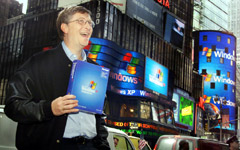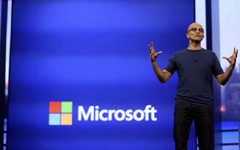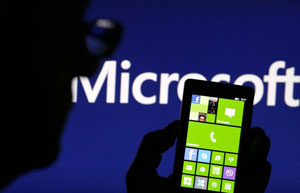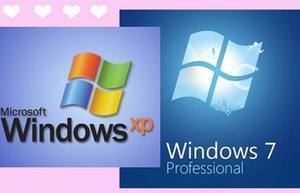|
 |
|
 |
Microsoft has acted irresponsibly by withdrawing support to XP and leaving users to fend for themselves, which will damage the IT giant's image. Microsoft has cited the terms and conditions agreed by XP users to claim that it reserved the right to end the service. But the terms and conditions were framed by the IT giant without consulting the consumers. No wonder, in July last year, Guo Li, a Windows XP user in Zhengzhou, Henan province, won an eight-year-long case against Microsoft and got four articles in the users' agreement invalidated because they enabled it to avoid responsibilities.
For many people, the "death" of Windows XP is not only a warning against Chinese people's over-reliance on US information technology, but also a wake-up call to the Chinese IT industry to design and promote its own software.
Fortunately, cyber security is not a problem for government and military departments, and some enterprises because they store their confidential information in computers that are not connected to the Internet despite operating on XP. Physical separation, as it is called, is beyond the crossing ability of hackers.
The "black episode" of 2008, in which Microsoft turned the monitor screens of unverified XP users black to protect its copyright, must be fresh in many people's minds. Two years earlier, the US Department of Homeland Security had warned US computer users that the Windows system might have a "backdoor" that allowed Microsoft to intrude users' computers. The IT giant denied it but later it was confirmed that Windows Phone 7, its operating system for smartphones, also has a backdoor. These incidents show how incisive is the technology that Microsoft uses.
|
 |
 |
